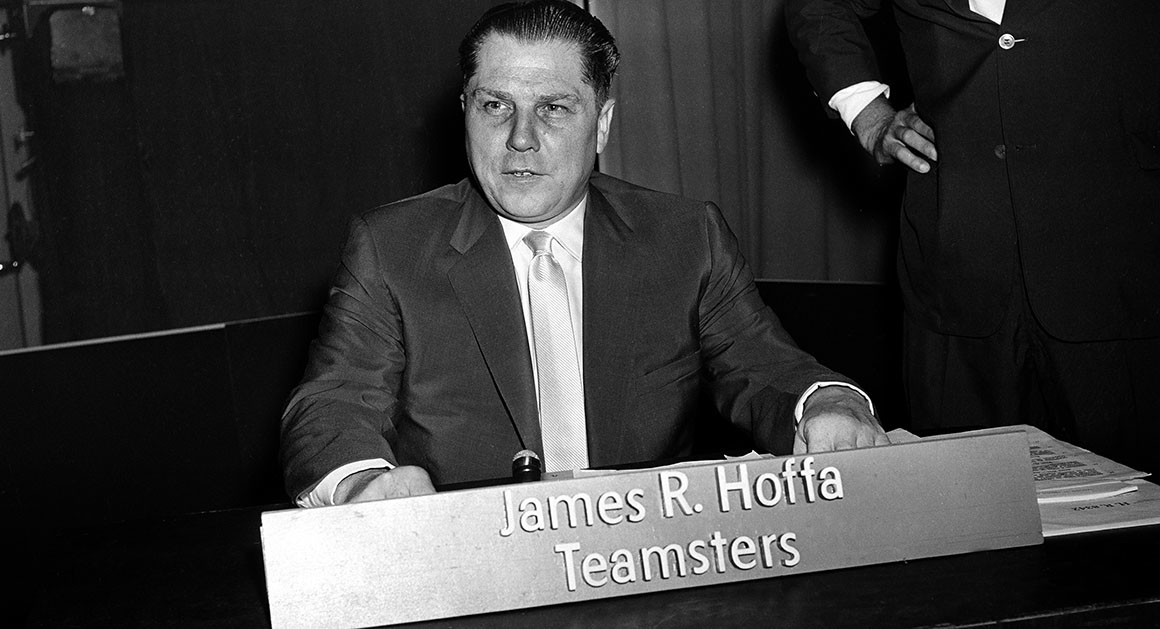
I do find it somewhat interesting that the fights over what everyone looks like in the Biden Cabinet are taking up far, far more space than what they actually believe or what they will actually do. I guess, like, does anyone actually care about the latter?
This is not me complaining really; I do believe the administration should look like America. But the conversation is all "X group says they are being underrepresented" and absolutely nothing on "this policy position is not being taken seriously." At least in the media.
I mean, all policies are identity politics and that very, very much includes class-based politics. But this is turning into a parody of how the right sees Democrats.
For example, I have no opinion at all who would make the better Secretary of Defense. But the entire discussion is "women are angry" and "the Black community celebrates the 1st Black SOD." OK, I get that. But between the two, I'd rather have the one who is going to better at it.
I also realize there is absolutely no upside for a white male academic bringing these things up. But when did I let nothing but downside stop me? I do think there's a conversation worth having here about what this all means for policy or whether anyone even cares about policy.
• • •
Missing some Tweet in this thread? You can try to
force a refresh







